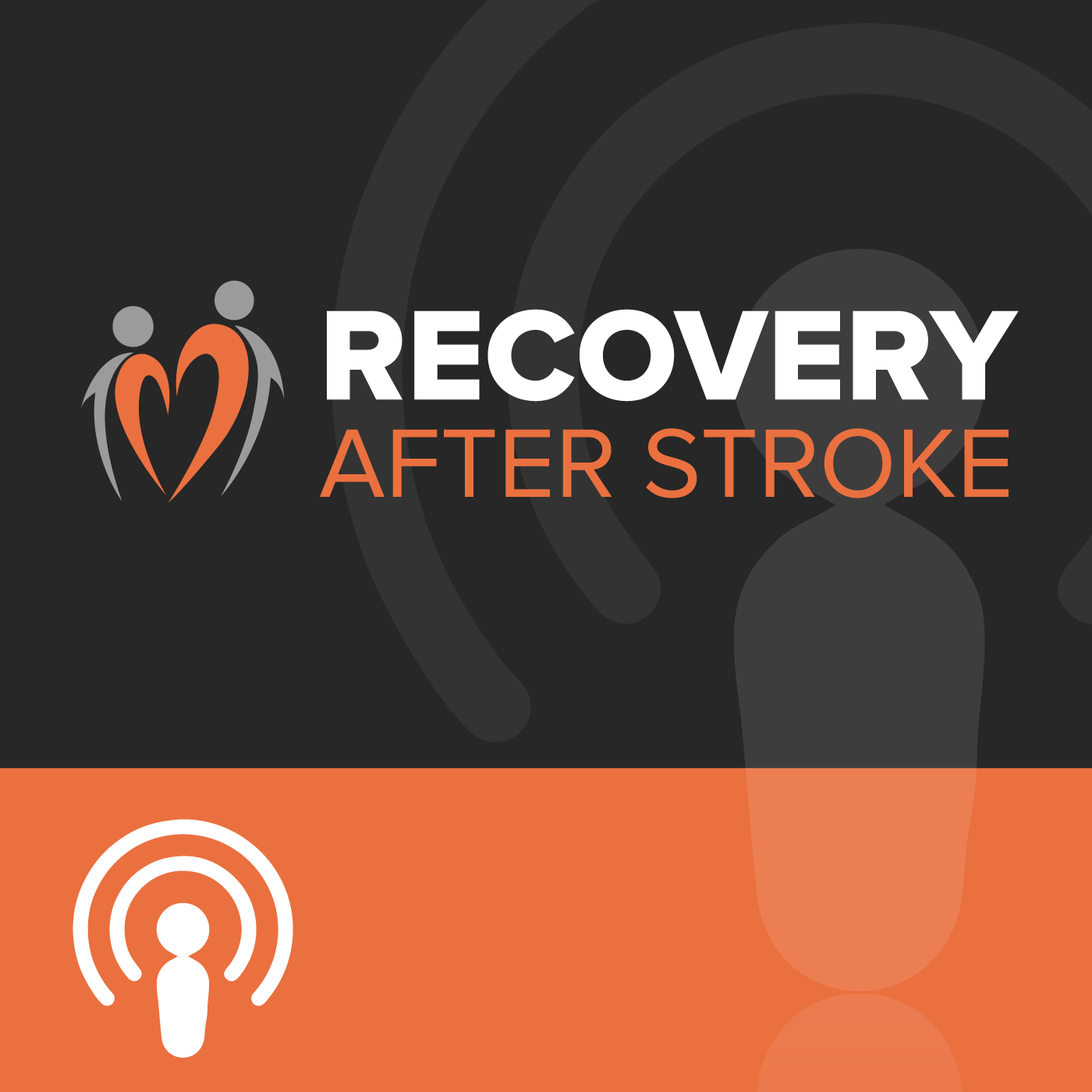Ischaemic Stroke Recovery – Sherif Aboutouk
After his second covid 19 vaccination Sherif Aboutouk experienced an Ischaemic Stroke that amongst other things has caused vision problems. Highlights: 00:44 Introduction<br /> 02:55 The first signs of Ischemic Stroke<br /> 08:45 COVID vaccine might have caused the ischaemic stroke<br /> 17:18 No one talks about covid-19 anymore<br /> 20:54 About stroke recovery being google proof<br /> 23:06 Why stroke podcasts are so important<br /> 34:03 Stroke is the best thing that ever happened<br /> 39:49 Things that matter after the stroke<br /> 51:27 Learning how to use the heart after the stroke<br /> 57:37 The emotional recovery is the most important recovery<br /> 1:05:57 The power of apology<br /> 1:14:27 Experiencing the deficits differently<br /> 1:22:22 The invisible disability<br /> 1:31:52 The lessons Sherif Aboutouk learned from stroke Ischaemic Stroke in Young Adults: Recognizing the Signs and Seeking Prompt Medical Attention Stroke is a medical emergency that can happen to anyone, at any age. However, when we think of stroke, we often associate it with older adults. But did you know that stroke can also affect young adults? In fact, ischaemic stroke, a type of stroke caused by a blood clot in the brain, is becoming increasingly common in younger people. This is a worrying trend, as many young adults may not recognize the signs of stroke or seek medical attention promptly, leading to long-term disability or even death. In this article, we will explore the signs and symptoms of ischaemic stroke in young adults and the importance of seeking prompt medical attention. We will also discuss the risk factors and preventative measures that can help reduce the incidence of stroke in younger individuals. So, if you or someone you know is a young adult, it is crucial to stay informed and aware of the signs of stroke to ensure early detection and intervention. What is an ischaemic stroke? An ischaemic stroke occurs when a blood clot blocks a blood vessel in the brain, reducing blood flow and oxygen supply to the brain. This can result in brain damage, disability, or even death. ischaemic stroke is the most common type of stroke, accounting for approximately 87% of all stroke cases, according to the American Stroke Association. As we get older, our risk of having a stroke increases. However, younger adults can also have a stroke, and ischaemic stroke is becoming more prevalent in this group. Prevalence of ischaemic strokes in young adults Although stroke is more common in older adults, the incidence of ischaemic stroke in young adults is on the rise. A study published in JAMA Neurology in 2019 found that the incidence of stroke in young adults increased from 12.9% to 18.6% between 2003 and 2015. Ischaemic stroke accounted for 85% of all strokes in this age group. The reasons for the increase in stroke incidence in young adults are not entirely clear. However, some experts suggest that lifestyle factors, such as poor diet, lack of exercise, and high stress levels, may play a role. Risk factors for ischaemic strokes in young adults Several risk factors can increase the likelihood of having an ischaemic stroke in young adults. These include: High blood pressure High blood pressure, or hypertension, is a significa

